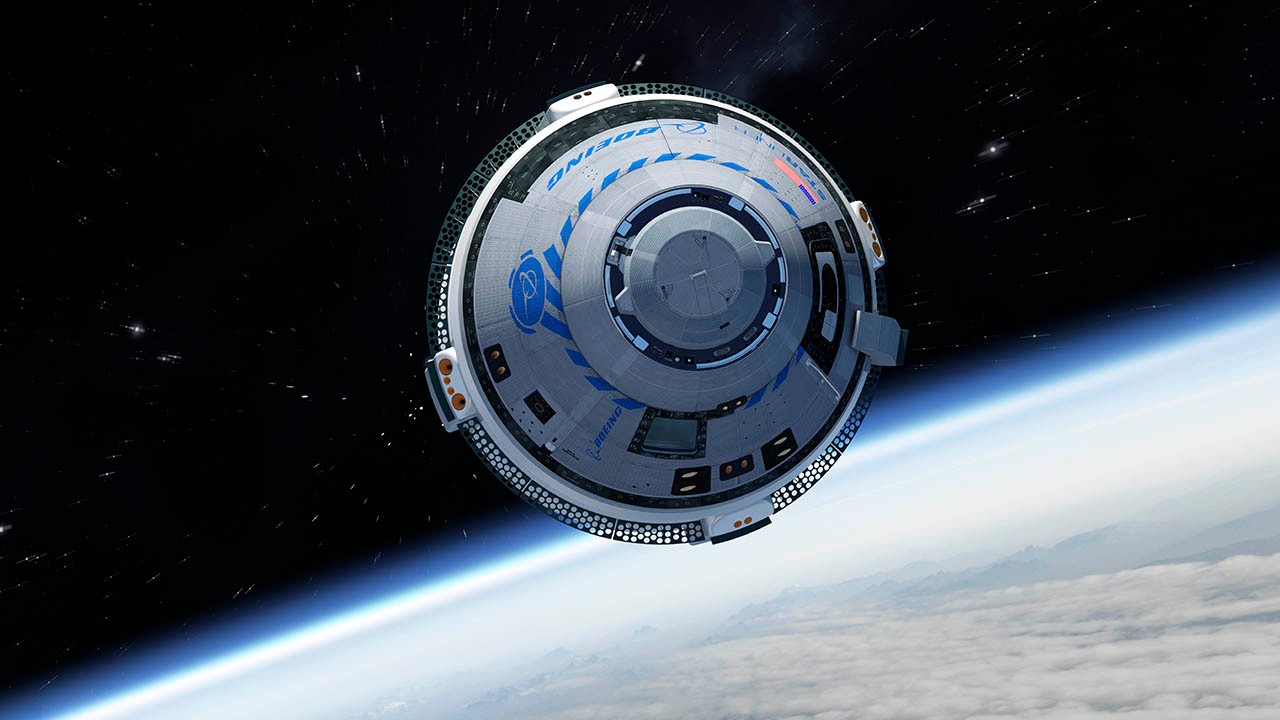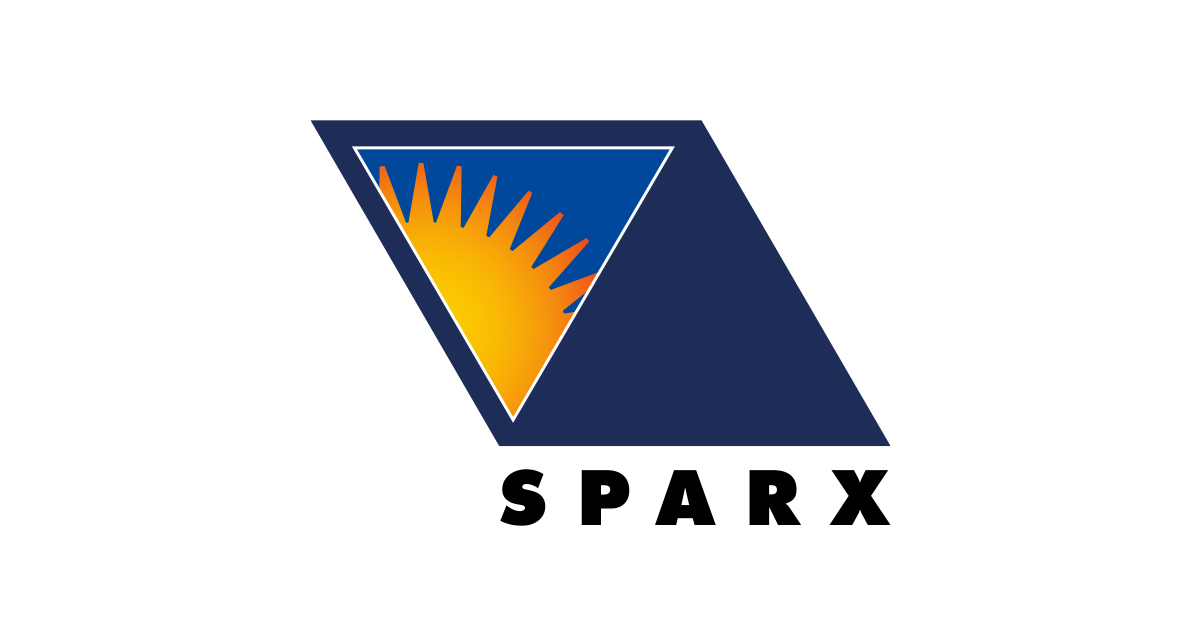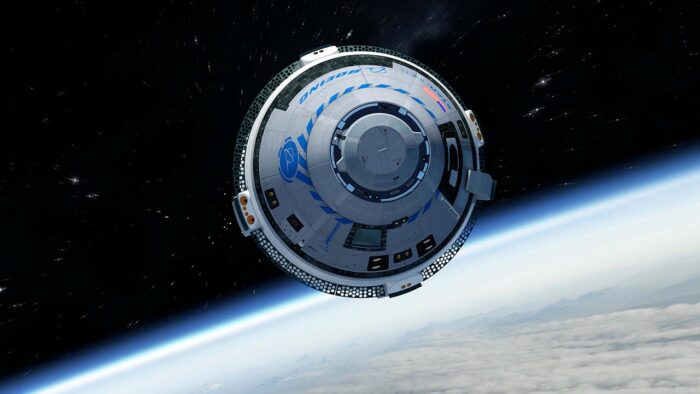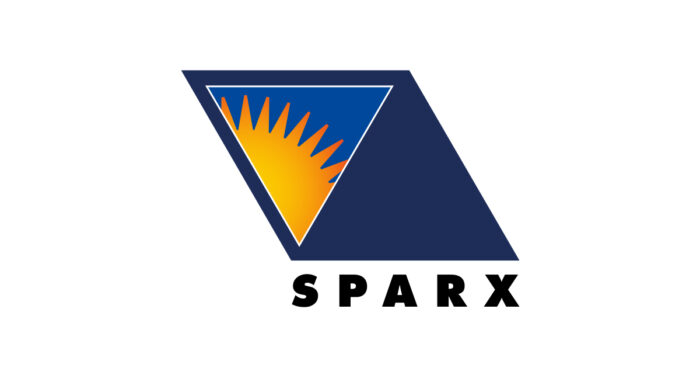by Julia Seibert
Working in space: a futuristic concept, to say the least. The idea conjures images of spacesuit-clad astronauts floating around in the darkness, hammering away at behemoth megastructures gleaned from the sci-fi imagination. It is safe to assume, however, that such grand visions of space splendor nevertheless reside in the very distant future. Today’s reality is somewhat understated in comparison, with Earthlings still figuring out how best to launch things into space to begin with. Apart from a handful of astronauts circling the planet aboard space stations, jobs in the space industry are still a rarity.
As it turns out, most processes within the space industry are pulled off from the comfort of our home planet. Behind the spectacularism of space missions is the groundwork, and this is where the real magic happens. From designing and building spacecraft, to investigating Earthly goings-on from satellites, to looking backwards in time: it all starts at home.
Table of Contents
ToggleJobs in the Space Industry Beside Astronauts
Astronauts are plain cool, and undeniably so. But they are just the tip of the iceberg. After all, someone needs to build their spaceships, interpret the science they collect, make sure they are fed. A dizzying array of non-astronaut jobs in the space industry exist for human spaceflight alone, and that is just a small part of the industry. What this work entails depends on the individual’s affinities.
The technical-minded may find themselves drawn to engineering and technician space sector jobs, wherein spacecraft are designed and built. Others might prefer poring over data collected by satellites, telescopes, and space probes, using them to study processes on Earth and answer the questions of the universe. Those specializing in IT are hot commodities due to spacecraft’s reliance on software. All of these fiddly processes require intricate management and operations teams to make sure all goes smoothly. Then there is the matter of relaying this work to the general public, who might be stumped when faced with the scientific gibberish used within the space industry. Communicators such as videographers, writers, and photographers translate the jargon for the average person, who (especially in the US) often foots the bill for the industry’s exploits.
Below are some of the best jobs in the space industry (though countless more fields exist, ranging from training and monitoring the health of astronauts to space law), and not all of them are rocket science. Flat Earthers need not apply.
Best Space Industry Jobs
1. Space Industry Engineer
Space industry engineers are the brains behind the technology, designing hardware and computer systems needed for pretty much every space mission. As detailed by the US Bureau of Labor Statistics (BLS), the field can be divided into several categories. Aerospace engineers, as their name suggests, design and test air- and spacecraft, which can include human-grade rockets or a probe headed for Jupiter. However, this job in the space industry is not for the faint of heart. Extensive knowledge of physics and even chemistry is vital, in addition to patience and resilience, since space-related craft like to veer off course and explode.
Mechanical engineers fill a similar but not identical role. While their aerospace siblings focus on flight dynamics and the physics the craft will face, mechanical engineers deal more with the machinery and hardware that keep the system afloat. Adjacently, electrical and electronic engineers handle the electrical systems of craft, including communications and navigation systems. They might work in close contact to computer hardware engineers, who design computer models. While the BLS lists a Bachelor’s Degree in a relevant field as the minimum requirement, NASA often asks for additional qualifications for higher positions.
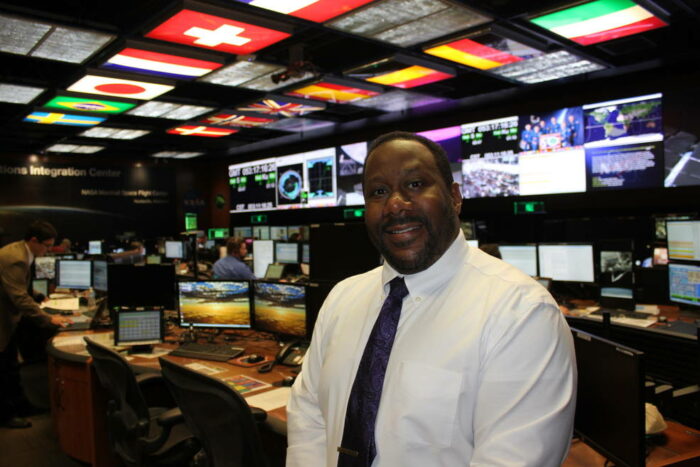
2. Technician in the Space Industry
If engineers are the brains behind space missions, technicians are the backbone. While engineers focus on designing the spacecraft and dealing with arising issues, technicians’ job in the space industry is to aid in spacecraft parts manufacturing and instrument installation, run test facility maintenance, calibrate computer systems, ensure safe testing procedures, and handle the data arising from tests. While engineers frequently work in offices, technicians in the space industry often work in laboratories or manufacturing plants. Despite their extreme importance to everything space, their salary is lower than that of engineers. Education levels are not as rigorous either, with only an associate’s degree necessary for employment, though a high school diploma can sometimes be enough.
3. IT in the Space Sector
How does one communicate with a spacecraft drifting somewhere out there in the solar system? Be it a simple uplink or a signal sent via NASA’s Deep Space Network, there would be no two-way conversations with our robotic creations, or a way of launching them in the first place, were it not for software developers – one of the most important jobs in the space industry. Designing software pertaining to both ground and flight systems is at the heart of most missions. As explained by ESA (European Space Agency), space missions are becoming increasingly autonomous and more reliant on software. These days, unless something unexpected occurs, spacecraft essentially fly themselves. Maneuvering, including avoiding the growing amounts of junk in orbit, is only part of the package.
Troubleshooting and fixing spacecraft already in orbit, where no repair team can reach them, can make the difference between wasting a multimillion-dollar spacecraft or getting a few more years of life out of it. Space software developers’ also enable the order and collection of invaluable data, including television and phone signals, internet, Earth observation, and the light from faraway galaxies. In addition, satellites are often hacked, a trend that continues as satellites gain geopolitical significance. Creating more resilient software and defending against such attacks only adds to the importance of software developers’ jobs in the space industry.
4. Scientist in the Space Industry
Space is brimming with scientific mysteries just waiting to be uncovered. Black holes, the composition of other worlds, astrobiology and the likes; there are simply too many scientist jobs in the space industry to count. Studying space helps answer the most fundamental questions of all, such as whether we are alone in the universe or how life as we know it came to be.
In a less abstract sense, space science jobs have countless palpable benefits for life on Earth. For example, studying asteroids and crashing spacecraft into them might one day mitigate a doomsday scenario, while peering at Earth from orbit enables better monitoring of disaster zones or climate change. Plus, studying other worlds might one day pave the way for further space exploration and even colonization. Scientists studying these phenomena might work at governmental institutions such as ESA and NASA, who have specialized branches dedicated to a variety of fields. They may also work at universities or other institutions dedicated to certain scientific ventures. As the space industry becomes increasingly commercialized, some companies such as space mining startup Astroforge employ trained scientists to aid in their product development.
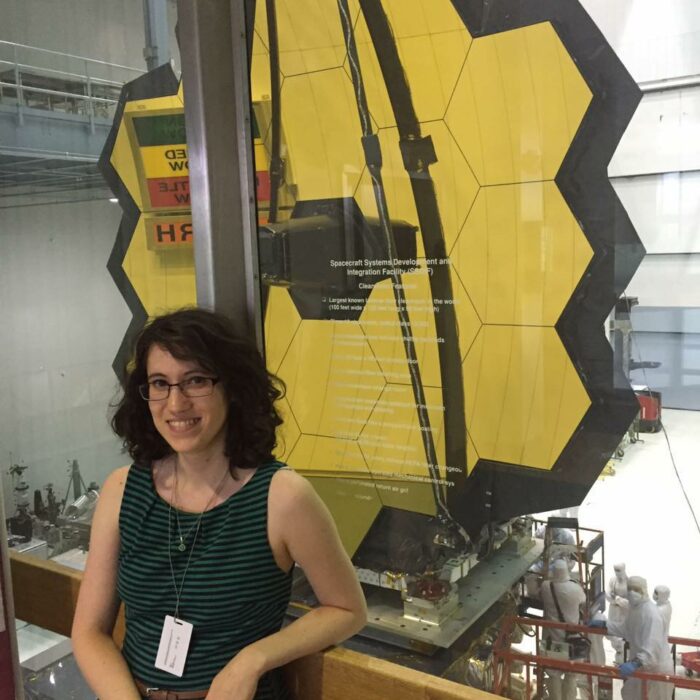
5. Operations and Management in the Space Sector
Amid the chaotic haze of groundbreaking discoveries and fiery rockets, someone needs to take charge. Managers and operations staff in the space sector watch over the happenings of a department or mission to make sure all goes smoothly. Often, they are experts themselves, and their job in the space industry combines with a knack for coordination and dealing with people. A good example of this are the flight controllers working in mission control, where one person – the flight director – is in charge of the entire operation. Under the flight director’s command are a legion of professionals specializing in a certain area, like a flight surgeon or guidance officer, all of whom have yet another gaggle of experts on call in a so-called ‘back room’.
While many companies such as SpaceX employ subject matter specialists in manager positions, this is not always the case. NASA’s top dogs, for example, often come from political and military backgrounds. Several companies employ non-specialists in operations roles, since a technical or scientific background is not always necessary for managerial, administrative, or sales positions.
6. Military in the Space Sector
As space is now a genuine warfighting domain, superpowers such as the US and China have been ramping up their efforts to control it. In 2019, the US established its Space Force, and China’s program is already largely militarized. Citizens of countries with a military interest can find a job in the space sector in this vein. The Space Force, for example, offers positions pertaining to analysis of intelligence, engineering, leadership, and logistics. Though the branch is relatively small compared to the rest of the US’s enormous military structures, its budget and global significance are on the rise.
7. Space Industry Communications
Unraveling the intricacies of the industry and revealing them to the public is another crucial job in the space industry. Overly technical explanations of fascinating and often important processes of space would be met with a blank stare from the average person were it not for communicators dissecting them into more digestible chunks. Astrophotographers deserve much credit here, capturing faraway corners of the cosmos and converting the faint light into images dancing with color and shimmer. The job is more complex than it seems, requiring expertise on astronomy, valuable equipment, and an artistic streak.
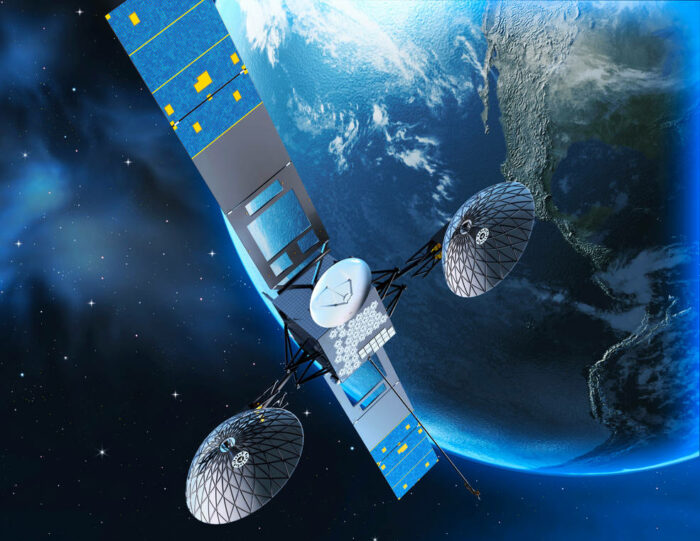
Credit: NASA
Then there are the videographers, whose specialisms range from succinctly summarizing complex topics in videos to filming rocket launches. YouTubers like Everyday Astronaut, break down the inner workings of rockets to his millions of followers, making the technobabble of rocketry more approachable and spreading awareness of ongoing processes in the space industry. Writers occupy a similar niche, sometimes even appearing in non-space related news publications as a bridge between the public and industry. Still, it is important to differentiate between independent communicators and those employed by companies or agencies as part of their PR teams. Both jobs are important for communication in the space sector, but are vastly different in their purposes.
See also:
The 10 Best Space Companies to Work for in 2023
14 Best Space Startups to Watch in 2023
15 Most Exciting NewSpace Companies to Look Out for in 2023
What are the Highest Paying Jobs in the Space Industry
Among the cushiest positions in the industry are the engineering jobs in the space industry, for which the BLS lists salaries as high as US $128,170/year as of 2021. The latter is what a computer hardware engineer would make, with aerospace engineers raking at US $122,270/year, electrical and electronic engineers at US $101,780/year, and mechanical engineers at US $95,300/year. By comparison, an aerospace technician would make US $73,580/year. Science and research job salaries in the space sector vary, with the BLS listing physicists and astronomers with a paycheck of US $147,450/year.
Some NASA research jobs pay substantially less, and a study by Space Skills Alliance focusing on the UK sector saw an extremely low pay for PhD students. NASA supervisory and managerial job positions in the space industry are quite comfortable, sitting in the US $120,000/year to US $160,000/year range. The salaries of communications specialists encompass a great range, with NASA listing such a role as US $57,118 – US $133,236/year. The pay of independent communicators, on the other hand, varies according to their employer and/or social media following. Many YouTube channels, for example, depend on their fanbase for donations and the purchasing of merchandise.
In general, the Space Skills Alliance found that jobs in the space industry upstream pay more than those downstream. In terms of space, that means that jobs taking place earlier in the process, such as designing and building spacecraft, come with higher salaries than those dealing with the services and data arising from them. This is reflected by the higher pay of space industry engineers and managerial roles. Another pattern found by the study is that larger companies pay better than small ones, while governmental job salaries are less varied and more ‘clustered’ together. In the US, governmental actors are the biggest customers of the industry, meaning that companies specializing in such fields have higher chances of success and therefore often come with higher salaries.
How to Get into the Space Industry
How one gets a foot in the door of the industry depends on one’s desired field. All space industry jobs require some expertise, but a certifiable educational background is especially vital to those with engineering or scientific ambitions. This can then be used to apply for space-related jobs at companies, agencies, or PhD programs. Though this is not possible for everyone, NASA also offers internships to high school and college students (mostly US citizens, some opportunities for international students), which might lead to future employment. Alternately, joining the military in the space sector (if one is a citizen of that country) might make it possible to work in space. Even before the Space Force, a large portion of NASA astronauts came from a military background. As for communications, the processes are not as rigid here. Some writers come from space industry backgrounds, but not all. The same goes for videographers and photographers. The bottom line here is an ability to understand industry processes, which does not necessarily require a professional level of expertise, and restate it in a way understandable to the public.
Best Education for Jobs in the Space Industry
While there is no set way to enter the space industry, there are a number of institutions that make it easier to learn the ropes. The aforementioned NASA internships are one example. Internships are also offered by other agencies like ESA and commercial companies.
For fields where a certain level of academic achievement is necessary, colleges and universities with more developed space-related programs are helpful, too. Harvard University, for example, has an extensive astronomy department, making it attractive to aspiring astrophysicists. MIT (Massachusetts Institute of Technology) and Caltech (California Institute of Technology), meanwhile, are hubs for space industry engineering. Many companies and institutions list graduation from an Accreditation Board for Engineering and Technology (ABET)-certified program as a requirement.
That being said, while some space schools might have better programs than others, the important factor is networking. Joining societies, attending conferences, and applying to jobs in space even if they seem out of reach might just make the difference.
You may also like:
The 20 Best Movies About Space to Watch In 2023
Top 8 New Space Documentaries [+3 All Time Classics]
What the Future Holds for Careers in Space
While the literally explosive industry of space is notoriously difficult to predict, advancements in technology coupled with geopolitical tensions make a good case for a growing space sector. As such, jobs in space will grow in importance also. Space industry engineers and technicians will certainly remain in demand, with the BLS predicting an average job growth throughout the next decade or so. The Bureau predicts an even higher growth for physicists and astronomers in the space industry.
The high demand for space software engineers is not likely to go away, as it constitutes among the highest talent gaps in the industry as of 2020. The U.S. Space Force’s budget has been shooting up in recent years and the branch, along with the Department of Defense, has been dealing out contracts to private firms like never before. Given space’s importance in modern conflict, this growth is likely to continue, dominating much of the industry.
In general, though, what attracts people to the space industry in the first place can be simply defined as childlike wonder.
“I’ve always wanted to be part of the space industry since I was little,” says Sirisha Bandla, Vice President of Government Affairs and Research Operations at Virgin Galactic (as reported by Rocket Woman).
Eloise Matheson, previously a Telerobotic Engineer at ESA and now a Mechatronics Engineer at CERN (European Organization for Nuclear Research), had a similar experience, according to Rocket Woman.
“The notion of exploring what is beyond our world, of discovering where humanity came from and furthering the boundaries of known knowledge is, I believe, an entrenched human trait that everyone shares. Working in space helps us to achieve this one little bit at a time,” Matheson adds.
Steven Cowart, Manager for Visual Display Systems at NASA, shares this sentiment (as reported by Forbes):
“I feel like a kid in a candy store… we get to do things I would never have imagined had I not been hired here. Things that matter. Things that inspire people. Things that change our perception of our life on Earth and our place in the universe,” he describes.
The space sector, it seems, is defined by a unique motivation for jobs in the space industry, independent of its ups and downs. The simple sensation of working with the universe is what sets it apart. Space is enigmatic, endless, incomprehensibly fascinating. As long as mankind has been capable of imagination, the cosmos has been playing on it. Ideas derived from space, such as timekeeping methods and countless religions, have molded human life for millennia. What is the modern space age if not a mere continuation of this trend?
If you found this article to be informative, you can explore more current space news, exclusives, interviews and podcasts here.
Featured image: Credit: NASA
Share this article:

